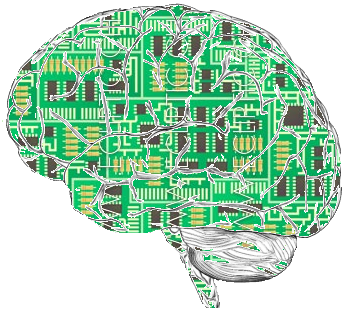Subscribe to our newsletter
Timo Hannay Answers The 2015 Edge Question: What Do You Think About Machines That Think?
 Edge.org is an online magazine devoted to exploring cutting-edge intellectual debate and considering fundamental questions. It was created out of the Reality Club, a group of scientists and thinkers whose original mission was:
Edge.org is an online magazine devoted to exploring cutting-edge intellectual debate and considering fundamental questions. It was created out of the Reality Club, a group of scientists and thinkers whose original mission was:
“To arrive at the edge of the world’s knowledge, seek out the most complex and sophisticated minds, put them in a room together, and have them ask each other the questions they are asking themselves”.
Every year Edge.org poses a different question to provoke and inspire debate. The 2015 question, “What do you think about machines that think?”, has generated a great many fascinating responses from a wide range of intellectuals, including Daniel Dennett, George Church, Steven Pinker & Brian Eno.
Our very own Timo Hannay has also responded to the question with a piece titled “Don’t Just Think, Feel”. Timo’s piece explores the technological advances that have inspired serious discussion of the possibility of artificial intelligence, whilst also arguing that such a goal is still a very long way off.
By one definition of the word “think”—to gather, process and act on information—planet Earth has been overrun by silicon-based thinking machines. From thermostats to telephones, the devices that bring convenience and pleasure to our daily lives have become imbued with such increasingly impressive forms of intelligence that we routinely refer to them, with no hint of irony, as smart.
Machine intelligence, while impressive in certain areas, is still narrow and inflexible. The most remarkable aspect of biological intelligence isn’t its raw power but rather its stunning versatility, from abstract flights of fancy to extreme physical prowess—Dvořák to Djokovic.
Yet if we’re truly considering the long term then there is indeed a strong imperative to make machines more like us in one crucial—and so far absent—respect. For by another definition of the word these machines do not “think” at all because none of them are sentient.
You can read Timo’s response in full here.

